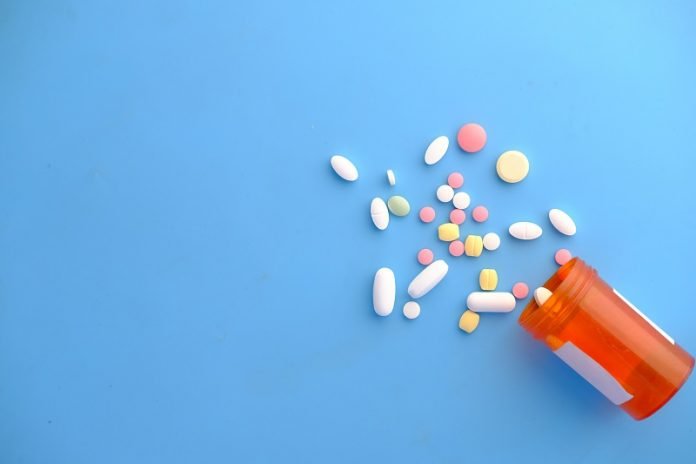
Scientists from the University of Southern California found a human stroke drug, fast-tracked by the Food and Drug Administration, shows that it might also be a safe and powerful defense against Alzheimer’s and other forms of dementia.
The research is published in the Journal of Experimental Medicine and was conducted by Berislav Zlokovic et al.
In the study, the team showed the drug, 3K3A-APC, protected mice from injury to the brain’s white matter—the second leading cause of dementia in humans.
Such injuries occur when tiny clots block the flow of blood perfusing the brain’s white matter. Over time, these mini-strokes multiply and lead to cognitive decline.
The results suggest the drug’s potential for treating white matter strokes in humans, possibly including multiple white matter strokes that result in vascular dementia.
The stroke drug could potentially be used in people with widespread, diagnosed white matter injuries that have developed over time, with the goal of slowing down progression that leads to cognitive impairment.
The finding adds to the substantial list of benefits of 3K3A-APC already seen in mouse models of Alzheimer’s disease.
A previous study in mice showed that the drug boosted the health of brain vessels, improved blood flow, reduced brain inflammation, and cut down on the buildup of amyloid, the protein commonly found in the brains of people with Alzheimer’s disease.
The drug is a genetically modified version of a human blood protein called activated protein C, or APC.
It reduces inflammation and protects both neurons and the brain vascular system from death and degeneration. Zlokovic co-discovered the protective effects of APC in the central nervous system.
The team says the current findings support the development of 3K3A-APC for neurological conditions associated with cognitive dysfunction such as Alzheimer’s disease and injury to the brain’s white matter that results in vascular dementia.
If you care about stroke, please read studies about why sleep loss could increase your heart disease and stroke risk, and factors that could increase stroke risk in COVID-19 patients.
For more information about health, please see recent studies that newer blood thinner drug plus aspirin could cut stroke risk by nearly 30%, and results showing that stroke risk is 8 times higher in people with COVID-19.
Copyright © 2022 Knowridge Science Report. All rights reserved.



